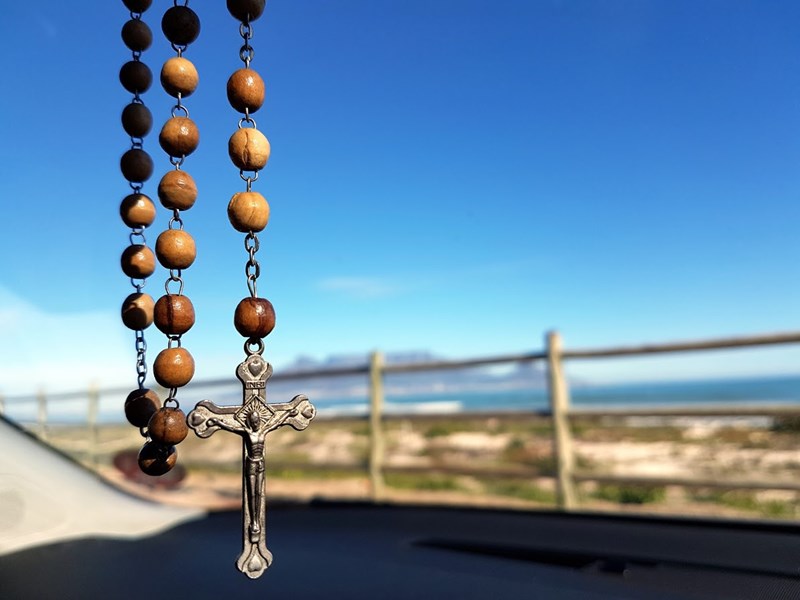
On Saturday, tens of thousands of Poles gathered on their country’s borders to pray the rosary. The event was too large for the media to ignore, but most news reports made clear how offensive this combination of Christian faith and patriotic sentiment was to those who write the news. In their headlines, the BBC referred to a “controversial prayer day on borders,” Newsweek to a “controversial event seen as anti-Muslim,” and the AP to an “anti-Muslim agenda.” The organizers of the event, a group of lay Catholics, noted that their public rosary was scheduled for the Feast of Our Lady of the Rosary, which was placed on the liturgical calendar on the anniversary of the Battle of Lepanto, where the Christian fleet sponsored by Pope Pius V annihilated the Turkish fleet that had been threatening Italy. The organizers noted on their website that the Christian victory at Lepanto “saved Europe from Islamization,” which is true enough, and the reason the Church remembers Lepanto. Unfortunately for the Poles praying the rosary, though, truth is never a defense to a charge of violating one of the taboos of political correctness
The Poles violated another of those taboos by gathering on their country’s borders, implicitly endorsing the notion that borders can be beneficial. This upset the “expert on xenophobia and extremism” cited in the AP story: “The whole concept of doing it on the borders reinforces the ethno-religious, xenophobic model of national identity.” Of course, as Steve Sailer has noted, Poles have solid reasons for dissenting from the notion that borders are bad, carrying bitter historical memories of what it was like to live without borders from 1795 to 1918 and from 1939 to 1945, as well as having only a nominal national sovereignty from 1945 to 1989.
The Poles ran afoul of another PC taboo by engaging in a massive display of Christian belief in public. The BBC, AP, and Newsweek would hardly have been as critical of mass displays of Moslem, Hindu, or Buddhist piety, much less of a gathering of self-styled pagans or witches, who have enjoyed indulgent media treatment for decades. But, to their great credit, the majority of Poles don’t seem to care about media disapproval. The New York Times quoted the Archbishop of Krakow as saying ” Let’s pray for other nations of Europe and the world to understand that we need to return to the Christian roots of European culture if we want Europe to remain Europe.”
The Poles’ neighbors often express similar sentiments, much to the consternation of the globalist bureaucrats in Brussels. Losing nationhood for decades or centuries seems to make people appreciate nationhood all the more once they’ve regained it. Maybe those of us living in countries that haven’t been wiped from the map should heed the wisdom of those nations that have before globalization does to our borders what earlier ideologies did to theirs.
Leave a Reply